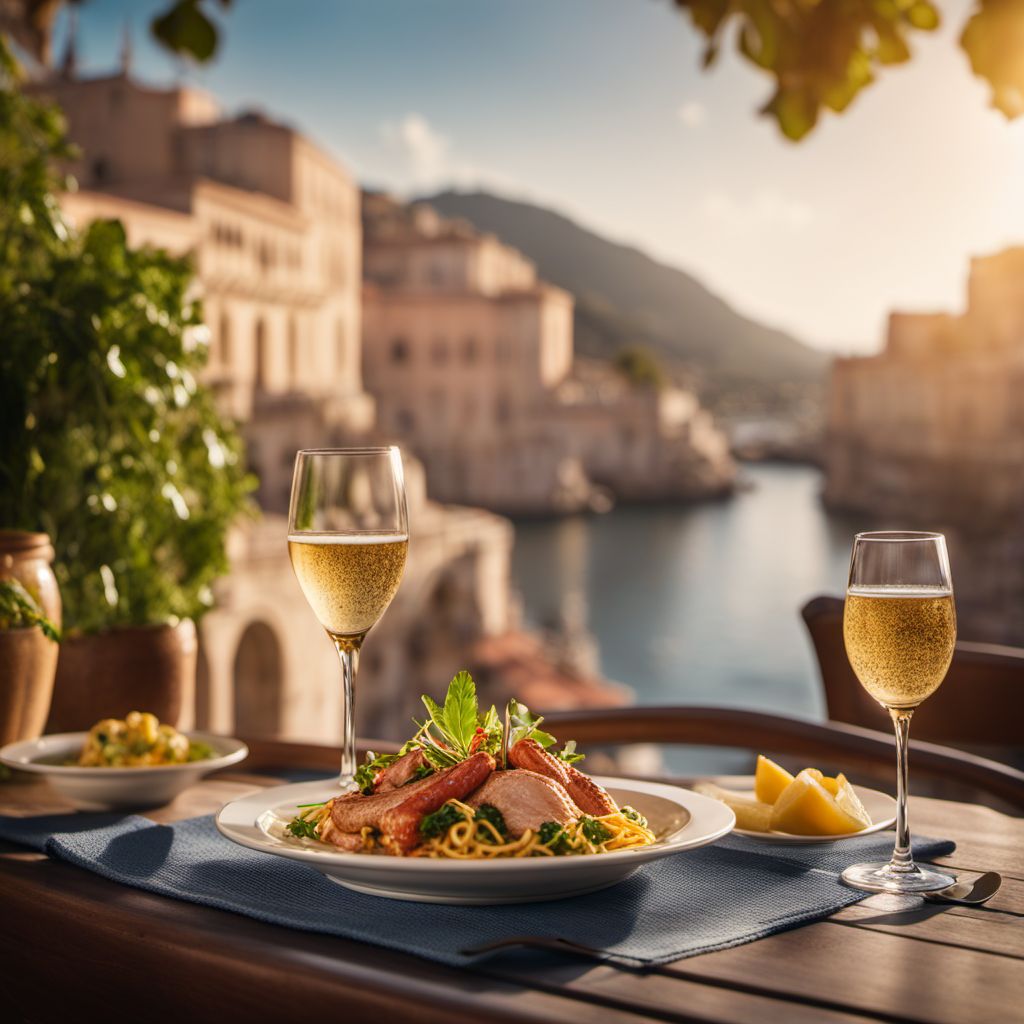
Cuisine
Monégasque cuisine
Monégasque cuisine is characterized by its use of fresh, high-quality ingredients, particularly seafood. Dishes are often light and flavorful, with an emphasis on Mediterranean flavors like olive oil, garlic, and herbs. The cuisine is heavily influenced by the country's neighbors, particularly France and Italy.
Typical ingredients
Seafood, Olive oil, Garlic, Herbs, Tomatoes, Pasta, Cheese, Wine
Presentation and garnishing
Dishes are often presented in an elegant, sophisticated way, with an emphasis on simplicity and freshness. Garnishes are typically simple and understated, with an emphasis on the natural flavors of the ingredients.
Monégasque cuisine is a unique blend of different culinary traditions, and reflects the country's long history and diverse cultural influences.
More cuisines from this region...
French cuisine, Occitan cuisine, Luxembourgian cuisine, Dutch cuisine, Belgian cuisine
History
Monégasque cuisine has a long history, dating back to the days of the Grimaldi family, who ruled the country for centuries. The cuisine has been influenced by French and Italian cooking, as well as by the country's own unique culinary traditions. Today, Monégasque cuisine is celebrated for its fresh, flavorful dishes and its emphasis on high-quality ingredients.
Cultural significance
Monégasque cuisine is an important part of the country's cultural heritage, and is celebrated at festivals and events throughout the year. It is also an important part of the country's tourism industry, with many visitors coming to Monaco to sample its unique cuisine.
Health benefits and considerations
Monégasque cuisine is generally considered to be healthy, as it is often high in fresh seafood and vegetables. However, some dishes can be high in fat and calories, particularly those that use cheese or cream sauces.
Monégasque cuisine dishes

Oignons Monégasque
Monégasque Onions
Oignons Monégasque is a traditional dish from Monaco that is made with caramelized onions and served as a side dish. It is a simple yet flavorful dish that is perfect for any occasion.

Barbagiuan
Monégasque Stuffed Turnovers
Barbagiuan is a traditional dish from Monaco and Liguria, Italy. It is a savory pastry filled with Swiss chard, ricotta cheese, and Parmesan cheese, and is typically fried until crispy.
Monégasque cuisine recipes Browse all »
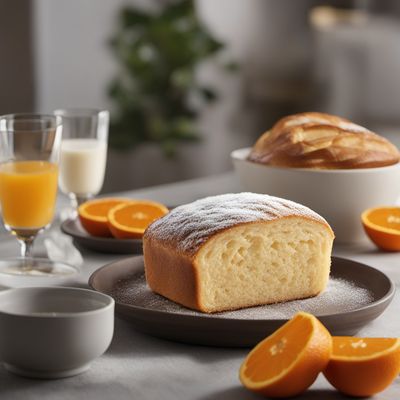
Monégasque-style Broodpap
Riviera Delights: Monégasque-style Bread Pudding
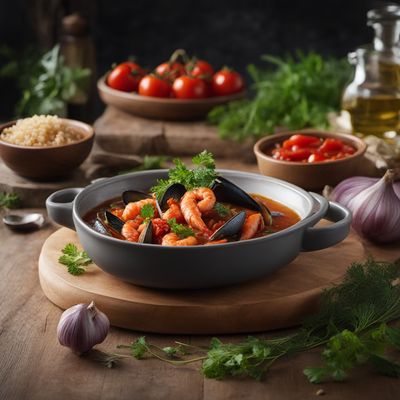
Monégasque-style Seafood Stew
Delightful Seafood Medley: A Taste of Monégasque Coastal Cuisine

Monégasque-style Stuffed Tamales
Exquisite Tamales Monégasque: A Fusion of Mexican and Monégasque Flavors
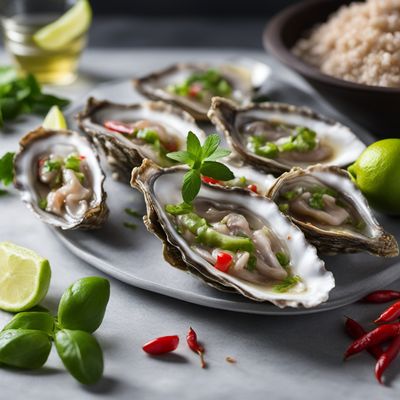
Monégasque-style Oyster Ceviche
Oceanic Delight: Monégasque-style Oyster Ceviche

Monégasque-inspired Loukaniko Sausage
Mediterranean Delight: Monégasque-inspired Loukaniko Sausage
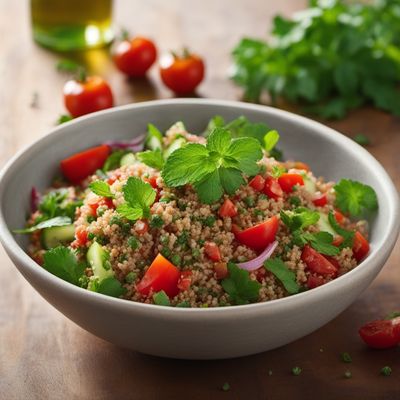
Monégasque-style Quinoa Salad
Quinoa Delight: A Taste of Monégasque Cuisine

Monégasque Almond Štrukli
Delicate Almond-filled Pastry Rolls: A Monégasque Twist on a Croatian Classic

Monégasque-style Oven-Baked Potatoes
Golden Delight: Monégasque-inspired Oven-Baked Potatoes

Monégasque Crostini with Provolone and Anchovies
Savory Delights: Monégasque Crostini with Creamy Provolone and Flavorful Anchovies
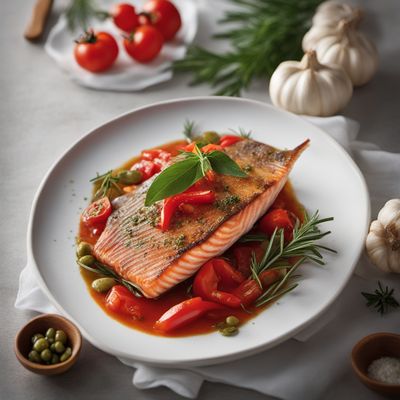
Giambo Monégasque
Savory Seafood Stew with a Monégasque Twist

Monégasque-style Clams in White Wine
Delightful Seafood Delicacy: Monégasque-style Clams in White Wine

Monégasque Lemon Soufflé
Sunshine in a Soufflé: Monégasque Lemon Delight